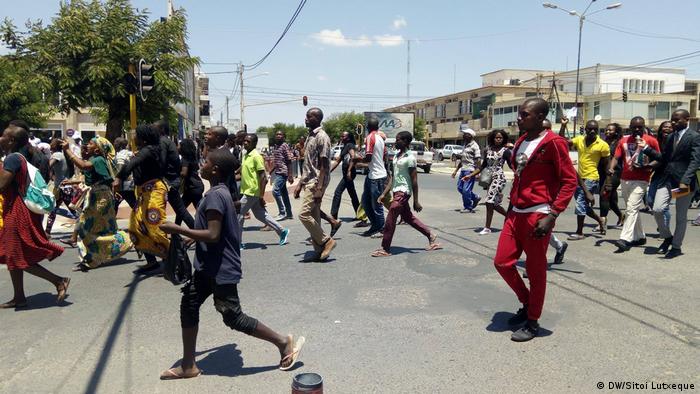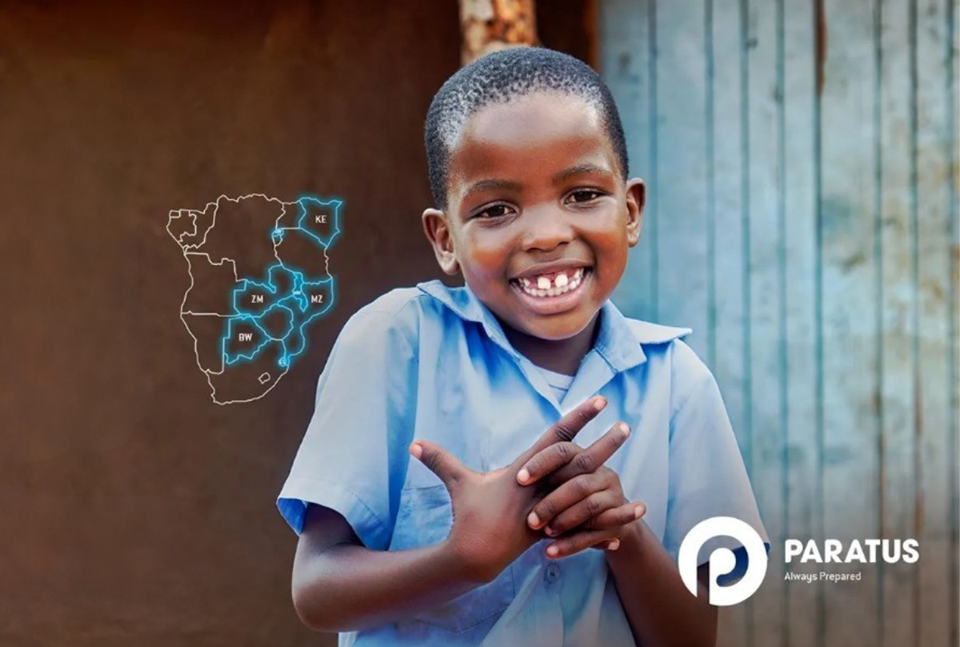Paratus Group launches EduLINK: Affordable Starlink connectivity for African schools
Mozambique: Civil society demands law to safeguard the right to hold demonstrations

Mozambican civil society criticises the growing obstacles to the right to demonstrate
- Mozambican civil society wants to see legislators move forward with the Law on Popular Action to Safeguard the Right to Peaceful Demonstration, and demands an end to police brutality.
At a time when the Mozambican police authorities routinely prohibit peaceful demonstrations in the country, civil society is advocating the implementation of law safeguarding the right to demonstrate.
Civil society says that police intervention to prevent the exercise of the right to peaceful demonstration has been characterised by arbitrary arrests, physical attacks and shootings.
The executive director of the Centre for Democracy and Development (CDD), Adriano Nuvunga, insists that this must be stopped, and says that a ‘popular action’ law would restore the exercise of popular democracy.
“After all, what’s happening to the legal infrastructure for the non-realization of the right to demonstrate? What’s happening to the police? We are here to discuss the possibility of popular action,” Nuvunga said at a civil society meeting on Thursday (11-08).
Nuvunga challenged the police to contribute to the exercise of democracy in Mozambique, highlighting the absence of security forces at the event in which he was participating.
“The police should be here to monitor and facilitate the exercise of citizenship. […] There is no democracy without the right to demonstrate,” he commented.
Law of popular action

The president of the Human Rights Commission of the Mozambican Bar Association, Firoza Zacarias, says that the journey towards a ‘popular action’ law has already begun, finding it an urgent necessity, “considering that we are no longer expressing ourselves at any time, only when it is for political purposes”.
For lawyer Hermenegildo Chambal, a popular action law would be instrumental in exercising citizenship.
“It is an instrument that can allow citizens to participate directly in the life of democracy. This idea, which is simple to formulate, makes a lot of sense in the Mozambican context, especially because public intervention mechanisms are very ineffective,” he said.
Lawyer and human rights activist João Nhampossa also has no doubt about what such a law could bring to the exercise of democracy in Mozambique. “It can serve to materialise the Constitution of the Republic, which already provides for the right of popular action to defend a series of rights and public interests that concern us,” he said.
Police brutality and intimidation

The president of the Ecologist Party – Land Movement (PEC-MT), João Massango, himself the victim of a police beating in 2016 for organising a peaceful demonstration, regrets the attitude of the Mozambican police, saying that, by acting in this way, they only create fear among people.
“The demonstration, at the time, was boycotted, because we were living at a time when elections were being called on social media. We wanted to end this cycle of faceless manifestations. That’s why we took on this responsibility,” Massango explained. “Since then, little has changed – we continue to endure the same scenario.”
According to Massango, violation of the freedom of expression is a consequence of the course of the dictatorship that the government has taken. “We have a dictatorial regime that uses force to scare away or intimidate. We live in a state of intimidation,” he stressed.
Police of the Republic of Mozambique (PRM) have reinforced patrols in view of calls for demonstrations in protest against the high cost of living in the country and the escalating price of road tolls, among other reasons.












Leave a Reply
Be the First to Comment!
You must be logged in to post a comment.
You must be logged in to post a comment.